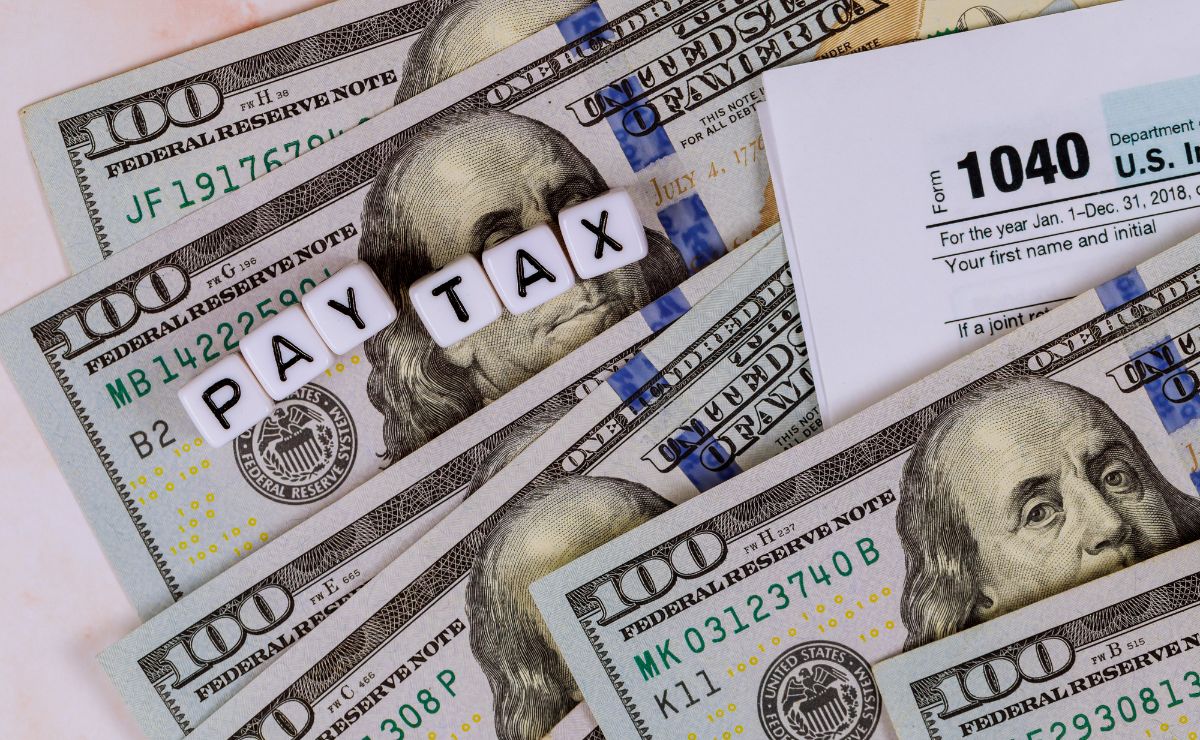After a few years of pandemic-induced date shifts, filing your 2023 income tax return feels almost like a forgotten ritual. But be vigilant, since tax season is returning to its pre-pandemic routine with April 15th, 2024 marking the official due date.
Remember the July 15th extension in 2020 and the May 17th deadline in 2021? Those days are behind us. Even the April 18th dates of 2022 and 2023, due to Washington D.C.’s Emancipation Day, are a thing of the past. This year, it’s back to the classic mid-April tax season deadline.
Don’t Miss Any Tax Filing Date
As you gear up to tackle your income tax returns for 2023, a few crucial considerations can help streamline the process: Firstly, though the deadline looms on April 15th, the official start date for IRS acceptance and processing of returns remains unannounced. Historically, this initiation occurs in late January, typically around January 23rd. Keep a watchful eye on the IRS website for the official green light.
In preparation, don’t procrastinate in gathering your essential documents. Organize your W-2s, 1099s, and any other pertinent paperwork well in advance to sidestep a frenzied scramble as April approaches. If the intricacies of tax laws seem daunting, consider seeking professional assistance.
A qualified accountant or tax preparer can offer valuable guidance, potentially saving you both time and money. Additionally, opt for the efficiency of electronic filing, as it not only expedites the process but also provides a more accurate and trackable refund status. Lastly, stay informed about any alterations to tax laws or filing procedures by regularly checking the IRS website.
With diligent preparation and organization, meeting the April 15th deadline for your 2023 income tax returns can become a smooth and stress-free undertaking.
Filing Taxes Quarterly: Important Dates
For those obligated to make quarterly tax payments, it is essential to be aware of the due dates corresponding to each pay period. If your pay period encompasses January 1 to March 31, the deadline for payment is April 15. Meanwhile, for the period from April 1 to May 31, ensure your taxes are paid by June 15.
Similarly, if your pay period falls between June 1 and August 31, mark September 15 as the due date. Finally, for the pay period spanning September 1 to December 31, the deadline for payment is January 15 of the subsequent year. Staying mindful of these dates is crucial to meeting your quarterly tax obligations in a timely manner.
Can I File My Taxes Electronically for Free?
While the IRS Free File Program provides an avenue for most Americans to file their federal taxes online at no cost, there are additional services catering to specific qualifications.
Those who meet the criteria may access full-service tax preparation through the IRS’ Volunteer Income Tax Assistance program, as well as programs such as the AARP Foundation’s Tax-Aide and Tax Counseling for the Elderly. Eligibility criteria vary, encompassing individuals earning $60,000 or less, those with qualifying disabilities, individuals with limited English proficiency, or those aged 60 and above.
Notably, in Illinois, residents can leverage the MyTax Illinois service for free tax filing, with eligibility extending to individuals using an IL-1040 and meeting specified criteria, as outlined by officials.

